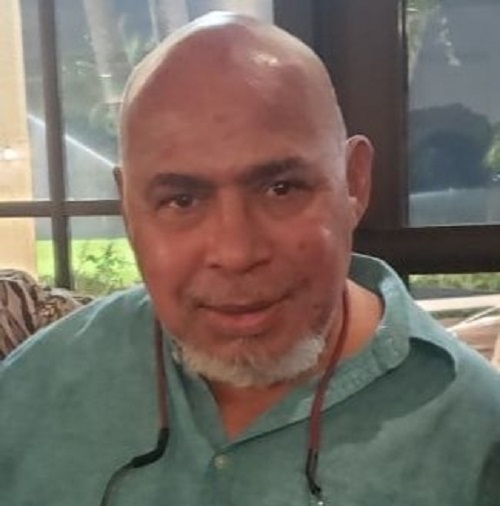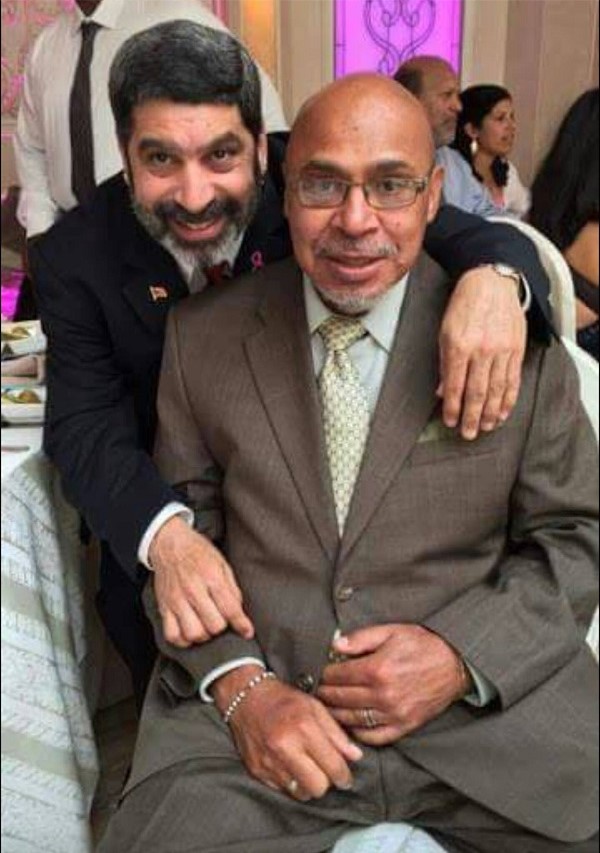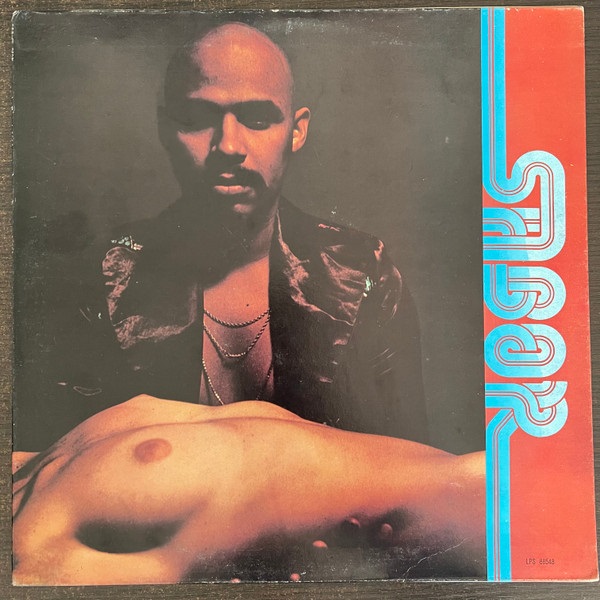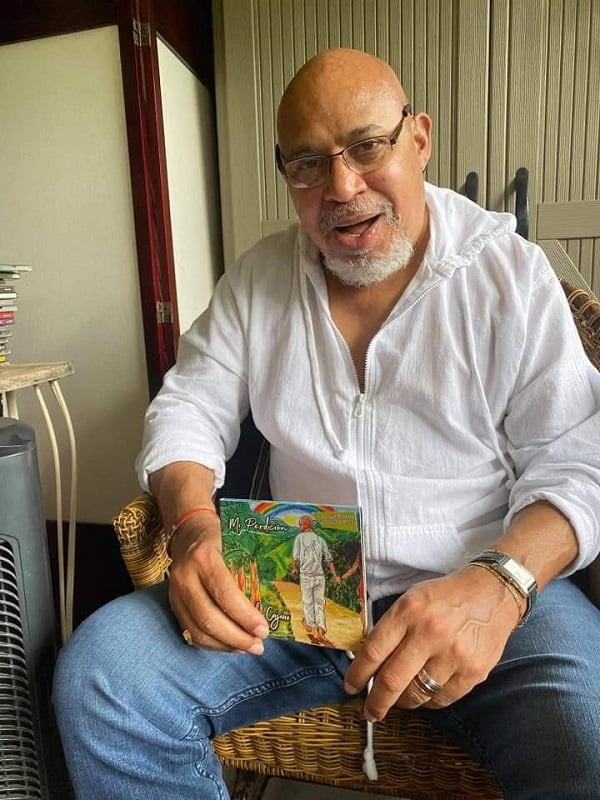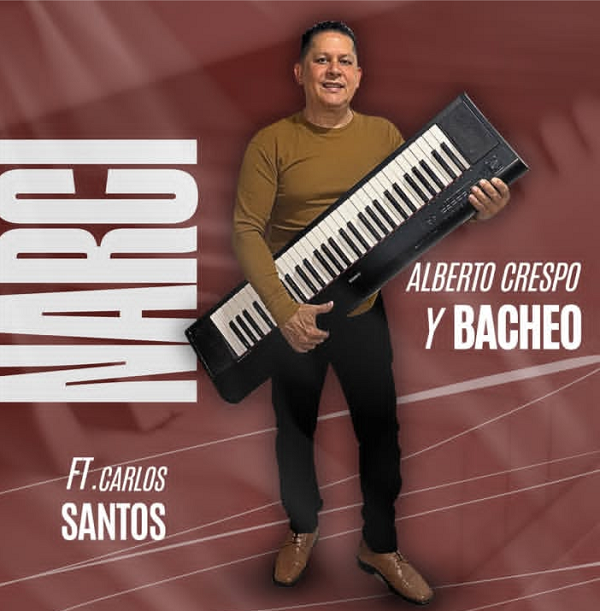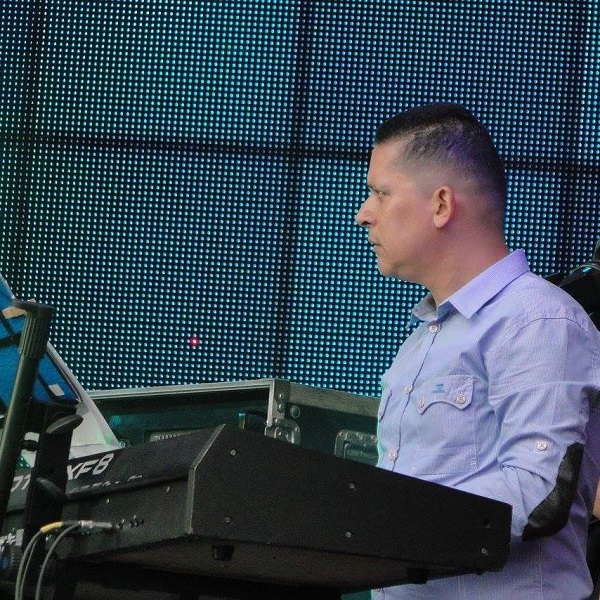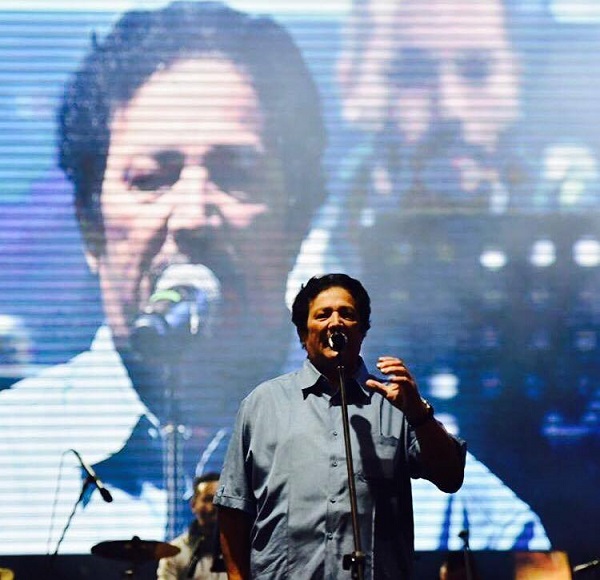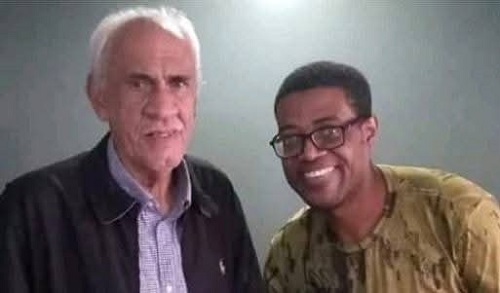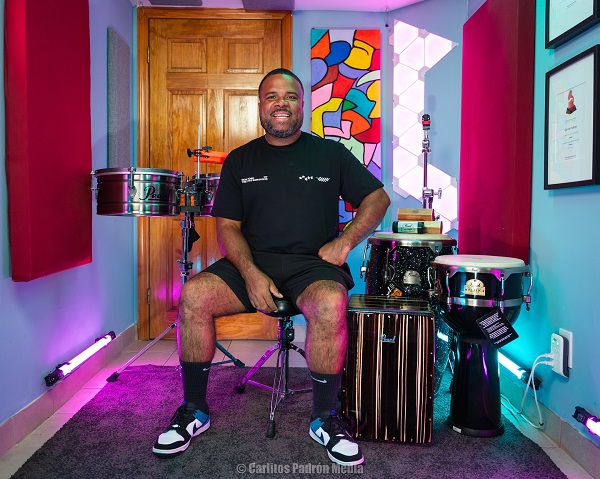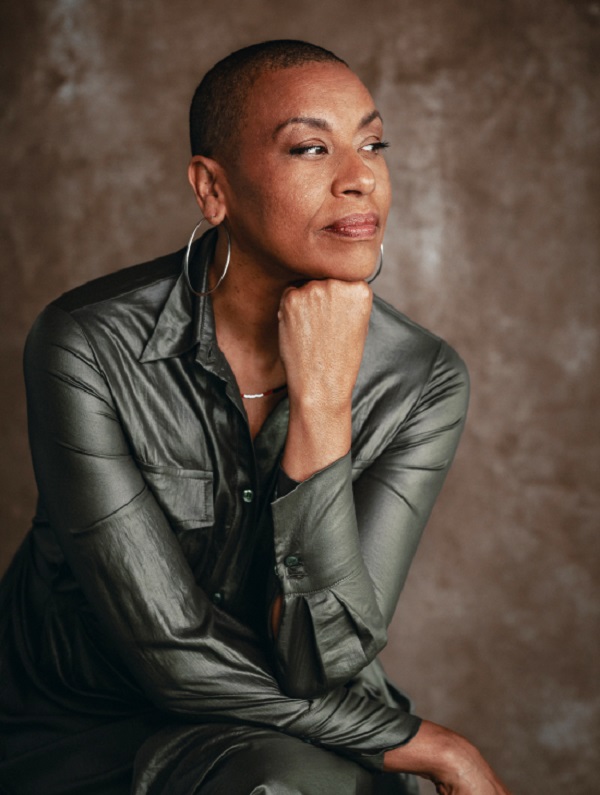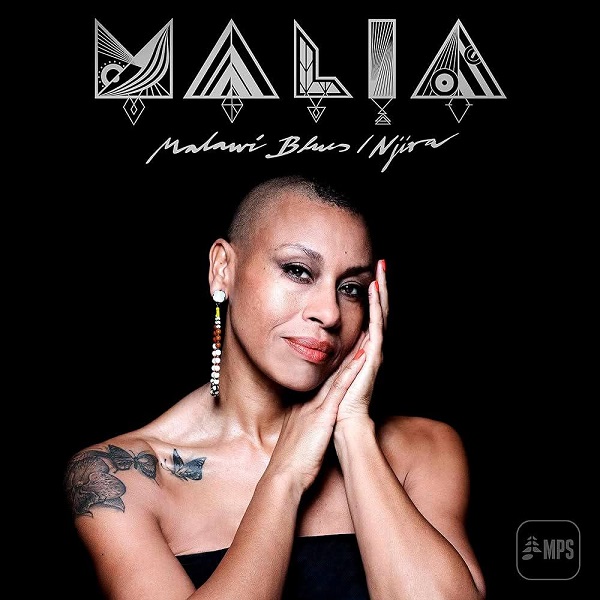Latinoamerica / Ecuador / Quito
“Ecuador is a country located in South America, bordered to the north by Colombia, to the south by Peru, and to the west by the Pacific Ocean. Here, we can appreciate a rich cultural and natural heritage, boasting numerous rivers of unparalleled beauty.”
“‘Hecho Salsa’ is a dance community founded on April 21, 2013. In 2015, it began operating as a dance academy, and starting March 20, 2016, it expanded as an ‘event organizer,’ organizing the 1st International Flashmob for ‘World Rueda de Casino Day,’ which took place on a single day in ‘La Carolina’ park in Quito, Ecuador. As of this year (2017), it became the official organizer of the Salsa y Casino Ecuador Festival, which was the 2nd International Giant Rueda de Casino Flashmob in Ecuador.”

“It’s worth mentioning that there was a demand from those in the world of Salsa and dance in general for a dance competition, which led to the start of the 1st Ecuador Dance Contest. This was an open dance competition in the Salsa, Bachata, and Casino categories across two divisions: couples and groups.”
“The Salsa y Casino Ecuador Festival 2017 took place on March 24, 25, and 26, 2017. Its objective and intention were to promote Salsa in general, as well as dance culture, and to strengthen the bond that unites salseros within the community.”
“This interesting event was held first and primarily at the Best Western CPlaza Hotel (located at Av. De Los Shyris N37-53 and Av. Naciones Unidas) and secondarily at the same location where the event took place last year (the aerobics track in ‘La Carolina’ park).”
“We will soon be providing more details about the now-concluded event.”
For more information:
- Website: www.festivalsalsaycasino.com
- Facebook: festivalsalsaycasino
- Instagram: hechosalsa
- Twitter: hechosalsa
- YouTube: https://www.youtube.com/channel/UC2x76mai4gCfa7QoYiF979A

